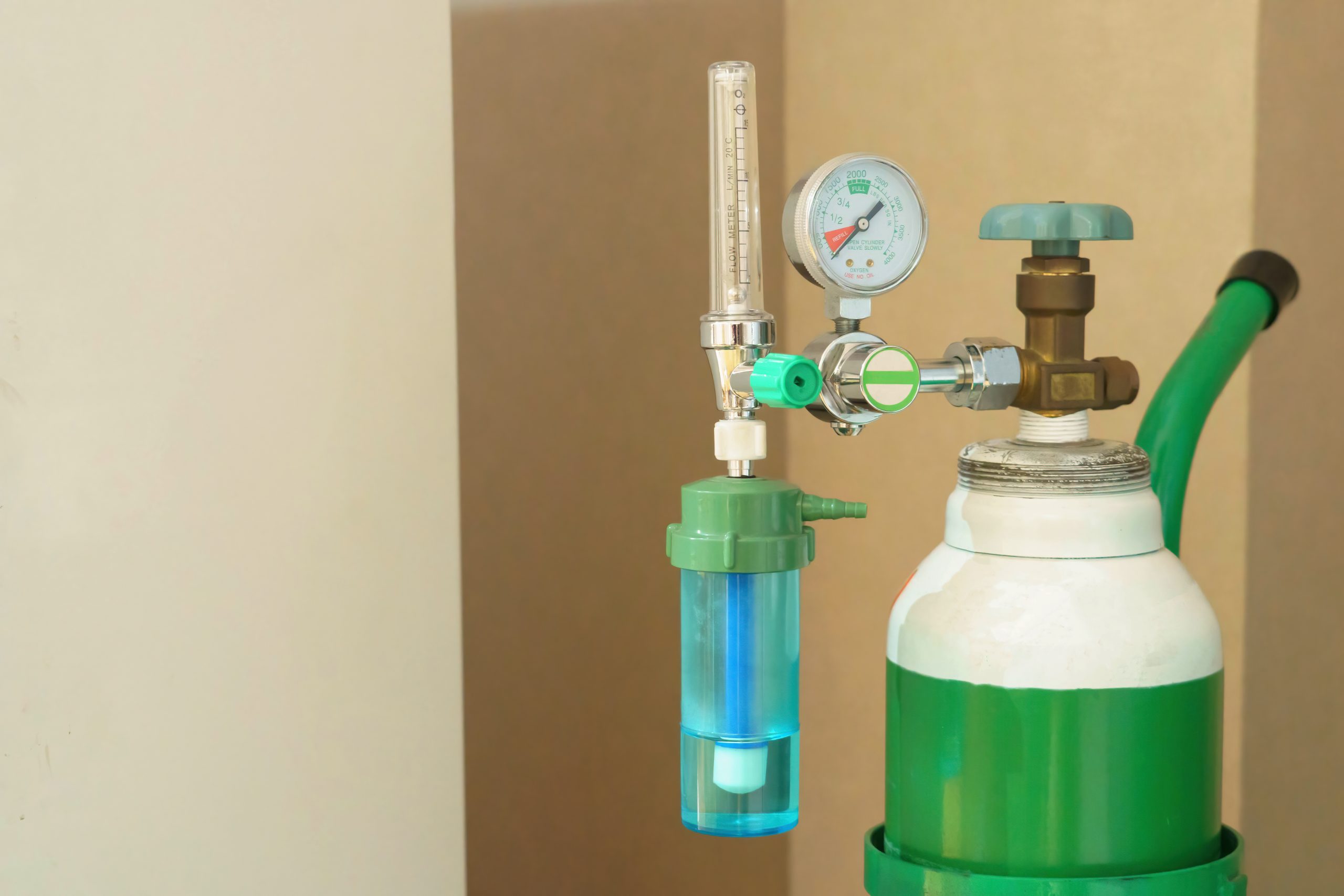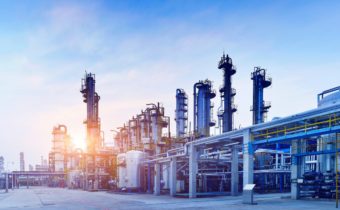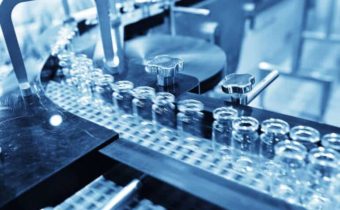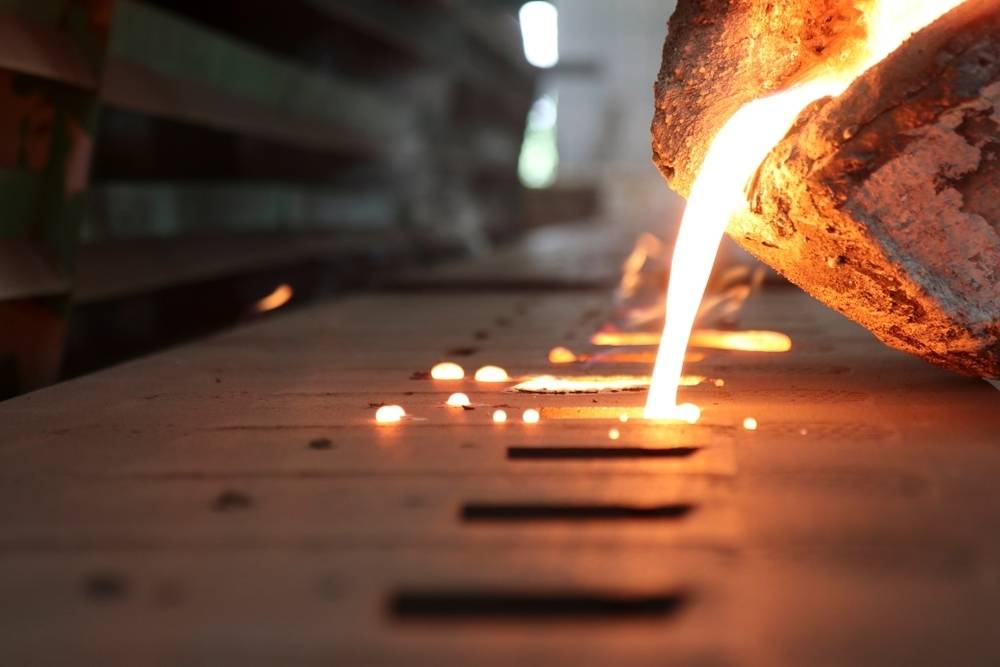
Medical gas use is highly regulated, and hospitals must ensure their systems are functioning properly. Annual third-party inspections are required to ensure that they meet these standards, and failing to do so can affect reimbursement and accreditation. To ensure your hospital meets these standards, consider utilizing CHT’s medical gas services. Request a free, 30-minute discovery call to learn more about how we can help you meet your medical gas compliance goals.
Liquid oxygen is boiled to make gaseous oxygen. This gas is piped throughout a hospital building at regulated pressure. A shut-off valve and a pressure sensing alarm are located at the point where gas enters the building. The primary source and back-up source are monitored with dual master alarm panels located in the security office. Both alarm panels are monitored round-the-clock.
Most hospitals produce Medical Air on-site. However, they must adhere to a strict formula outlined by the USP. Canadian hospitals may also devise their own formula. The USP lists six contaminants and ozone and requires Respiratory Therapists to adhere to these standards. Currently, the process for generating Medical Air in hospitals is overseen by the NFPA 99-2012 code, and requires certified installers.
Back-up generators are essential for hospitals. They help keep patient care running smoothly in case of emergency. Backup generators can power the heating and cooling systems, emergency signage, communications, laboratory specimens, and more. Moreover, hospitals need a backup power source for emergency situations. Backup generators can supply electricity in case of an emergency and help the facility remain functional for several hours or even days.
In addition to providing power for medical equipment, hospitals need to keep backup generators for two hours. Fuel storage requirements vary between guidelines, but the Facility Guidelines Institute recommends that hospitals stock enough fuel for 24 hours. Ultimately, storing the fuel for two hours can help ensure the continued functioning of life-critical equipment in a hospital. Additionally, backup generators help improve the safety of employees by preventing lost time and prevent surgical complications.



